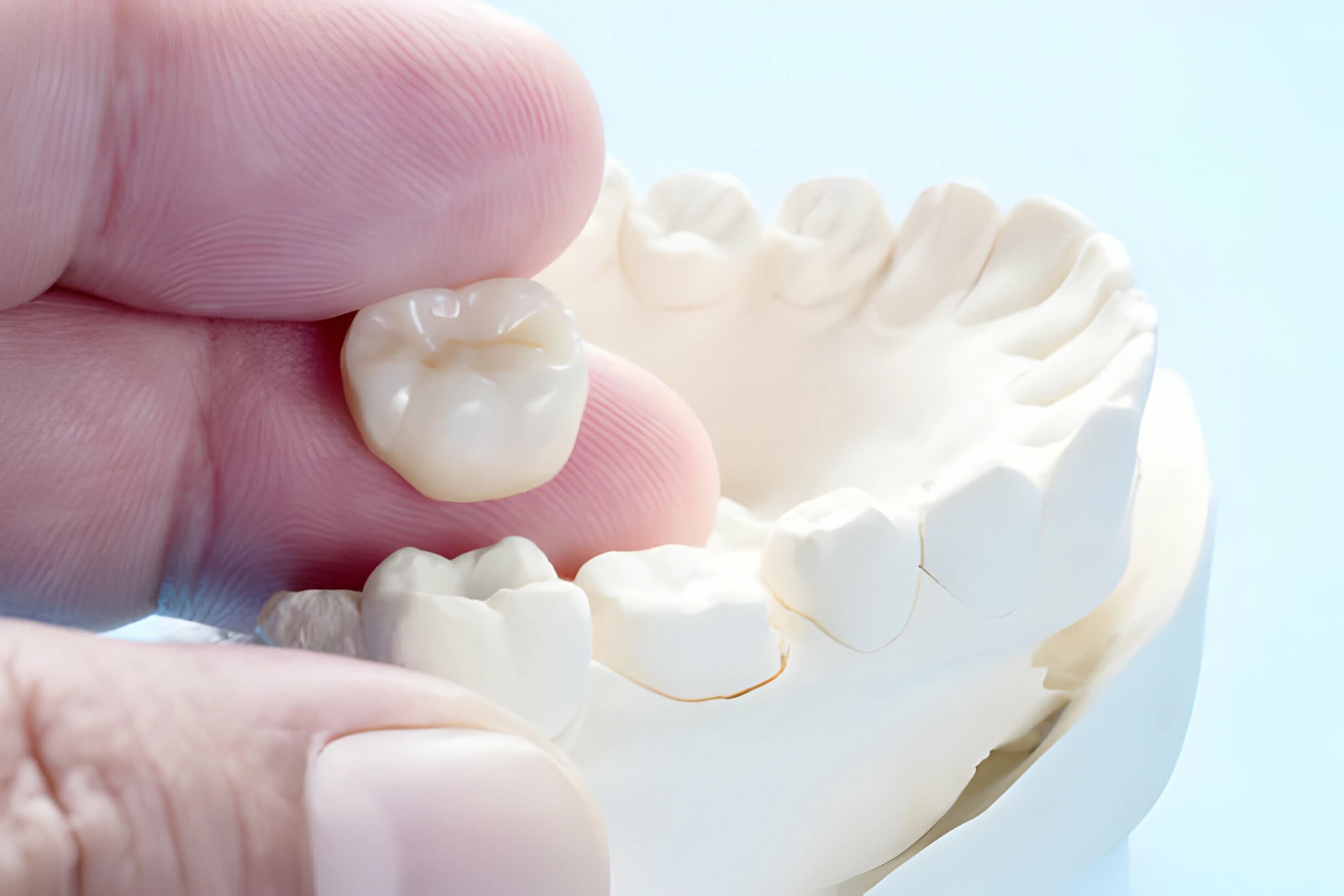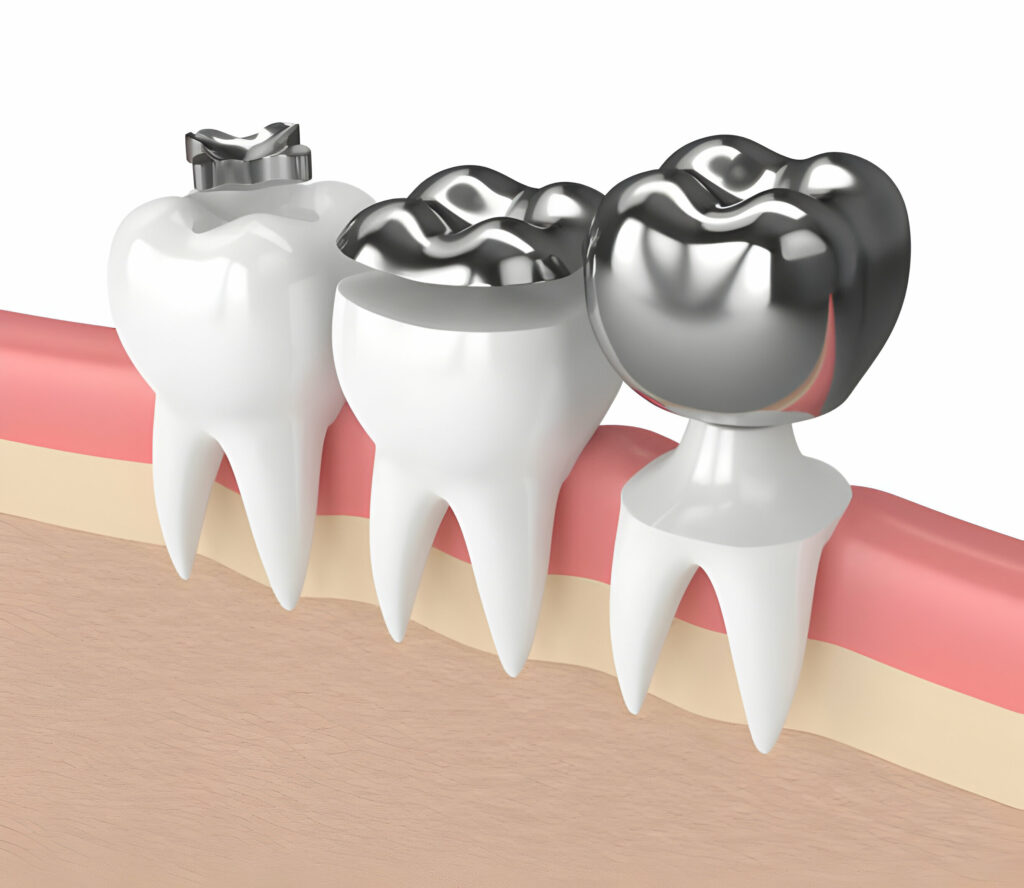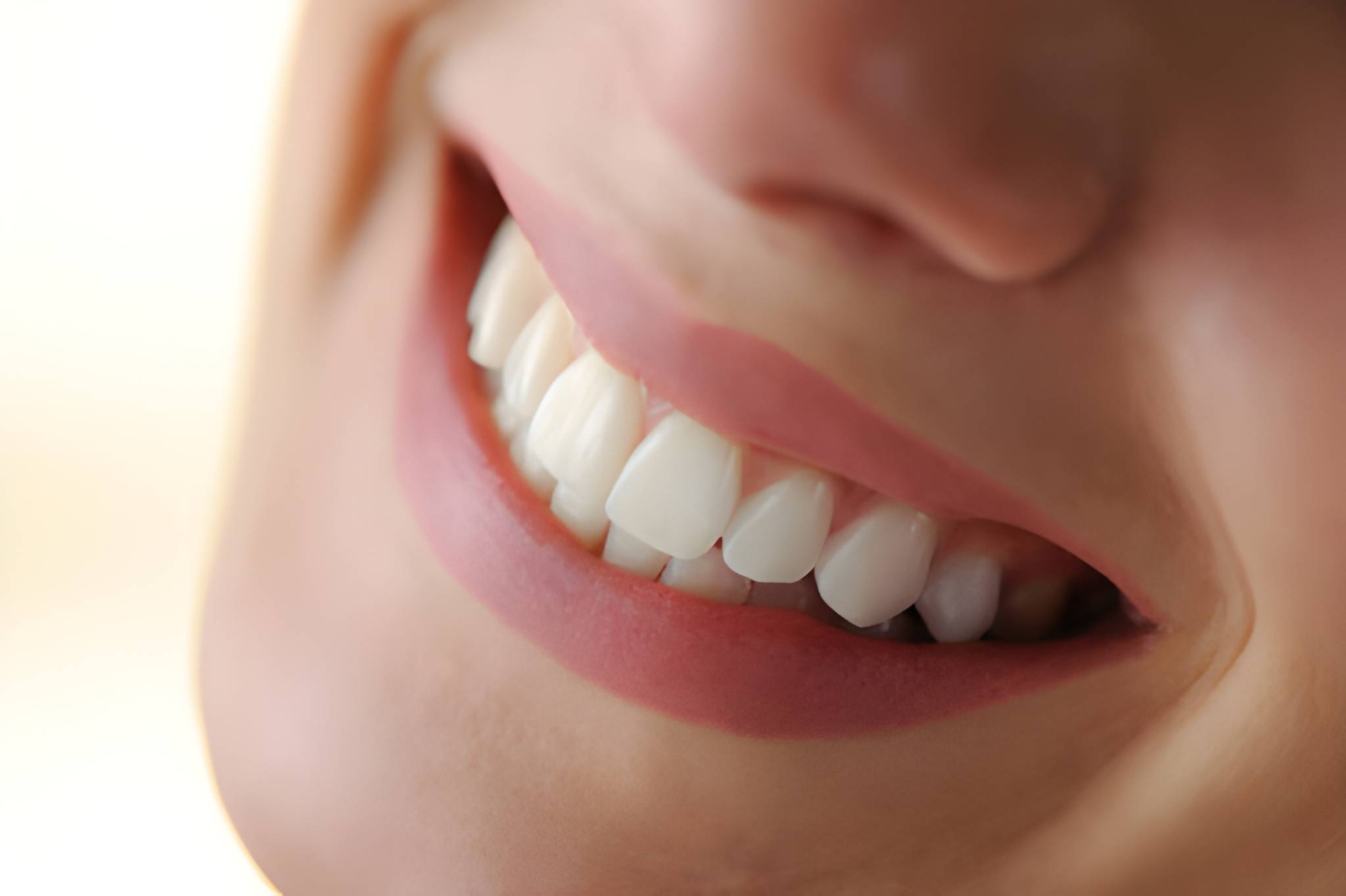Home Understand 5 Conditions When You Require Dental Crown Treatment

Dental crowns are the hidden heroes of oral care, providing adaptable treatments for various oral issues! They are your go-to option to restore weak, decayed, or broken teeth.
Nearly 15 million Americans use oral crowns as a treatment option. A tooth with a crown is like a protective covering to improve oral health and aesthetics.

This blog looks closely at frequent dental circumstances in which these crowns come to the rescue. In the following sections, we’ll explore:
In the following sections, we’ll learn more about improving smiles. So continue reading as we learn about the dental crown procedure and how it is essential in maintaining oral health and appearance.
A dental crown, often called a tooth crown or a dental cap, is a prosthetic device that covers or encases a damaged, decaying, or weakened tooth. It is intended to restore the tooth’s form, size, strength, and look while offering protection and support. Oral crowns are created to fit precisely over the whole visible section of a cavity above the gumline, encasing it like a “cap.”
Different dental crown types are porcelain, ceramic, metal alloys (such as gold or stainless steel), or a mix of materials. Tooth position, aesthetics, and functional requirements determine the material used.

Dental implants are a method for replacing and rejuvenating missing teeth while also preventing bone degradation in the oral cavity. The implant is placed in the jawbone and gums, and the cap is attached on top, creating a replacement tooth that resembles, if not exceeds, the look of a natural tooth.
While a dentist may use a crown filling to treat a little cavity, cases, when a tooth has significant decay or extensive cavities may exceed the filling capacity. In cases of severe deterioration, a cap may emerge as a realistic option, providing the essential strength to the tooth.
Despite enamel’s toughness and prominence as one of the body’s most durable components, teeth are prone to fractures and chips. A cap can efficiently restore the look of chipped or fractured enamel while keeping a damaged tooth intact.
While there are several medical reasons for receiving a cap, there is also the option of getting one for cosmetic reasons. If you are unsatisfied with the size of your teeth, the gaps between them, or their general appearance, speak with your dentist in Aubrey, TX, about the benefits of utilizing crowns to disguise your natural teeth.
A root canal surgery is usually performed to save an enamel that has become infected. While the root canal primarily treats the tooth’s interior, it is normal for a dentist to apply a cap to improve the teeth’ aesthetics after the surgery.
You may need a cap if you have a significant cavity that can’t be filled. You may also require an appliance if your tooth is cracked or chipped. Symptoms of extreme wear include cracks and weakness.
Crowns in teeth are also necessary after a root canal to safeguard the enamel, which is more delicate. If you’re missing a tooth and your dentist has to replace it with a tooth implant or bridge, you could be a candidate for a cap.
A cap can be a highly effective remedy to a severe issue with one of your teeth. However, there are dangers and difficulties that you may encounter after receiving a crowning dental:

It is common for individuals to be sensitive to heat or cold if they have crowns. However, the fit may be incorrect if your enamel is susceptible to pressure when biting down. Consult with your dentist about adjusting the cap’s location or filing down the top of the appliance.
Certain types of crowns are prone to chipping. Your dentist may be able to repair tiny chips. The porcelain used in porcelain-fused-to-metal crowns may break away, exposing the metal framework beneath. These chips may not require repair if the metal is still intact.
When there is insufficient cement to hold your appliance in place, it may become loose or fall out. If the cap seems loose or wobbly, call your dentist.
Although uncommon, some people may be allergic to the metal used in some crowns. If the gums surrounding your cap become uncomfortable or inflamed, or if this area begins to bleed, you may have gingivitis or gum disease.
Your dentist will likely propose which crowns in dental treatment are most suited to your unique needs or the finest alternate choice. For example, if your tooth is too weak or worn down to withstand a conventional filling, a veneer or another form of therapy is indicated. Or, your enamel may have a cavity too large for a filling, and your dentist advises a cap as the best alternative treatment to safeguard it.























Monday
8:00am – 5:00pm
Tuesday
8:00am – 5:00pm
Wednesday
8:00am – 5:00pm
Thursday
8:00am – 5:00pm
Friday
Closed
Saturday
Closed
Sunday
Closed
Mon
8:00am – 5:00pm
Tue
8:00am – 5:00pm
Wed
8:00am – 5:00pm
Thu
8:00am – 5:00pm
Fri
Closed
Sat
Closed
Sun
Closed